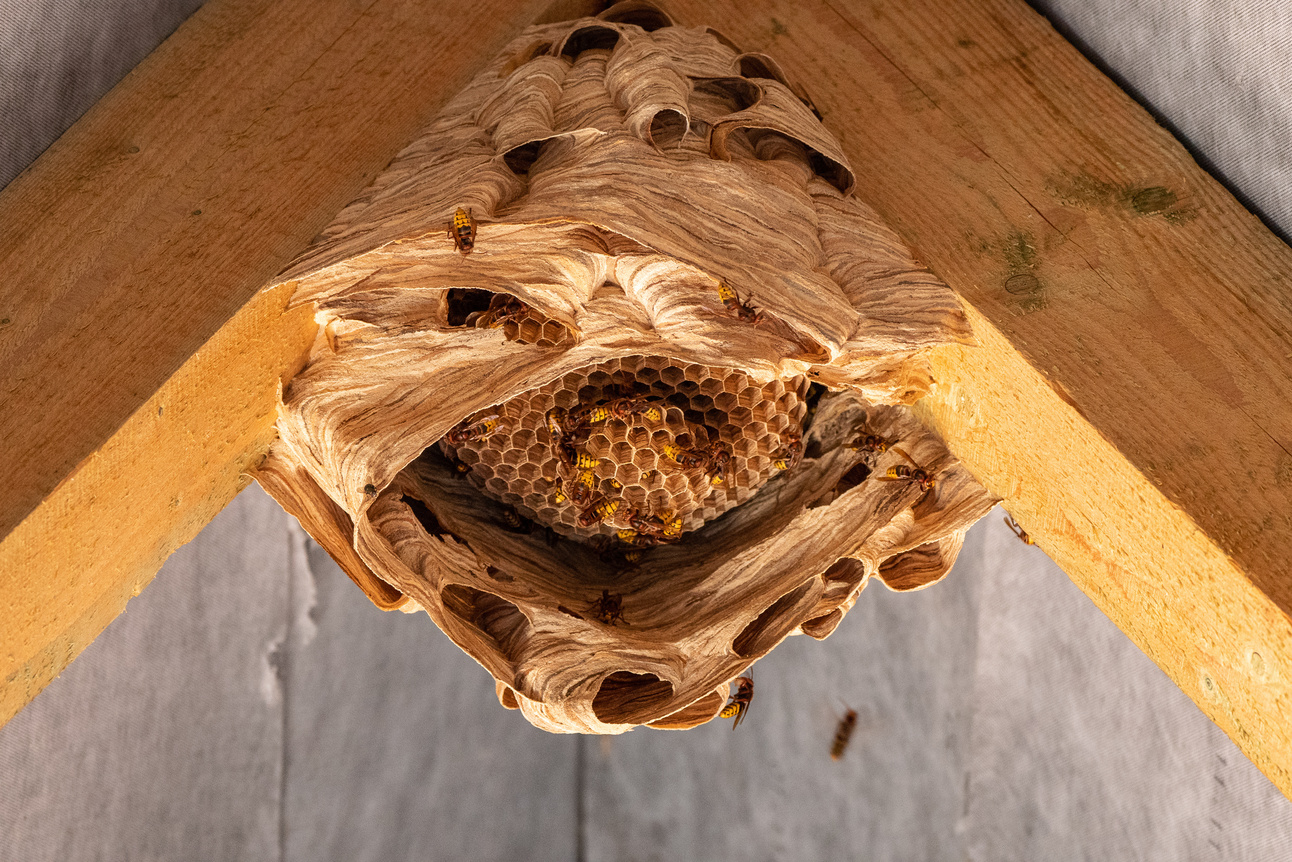Do you find yourself lying in bed at night, your whole body tensed, waiting and listening to noises in the loft at night? Bumps, thuds and squeaks? Well, you can relax, there’s no need to be frightened, although it may seem that there are door slamming and fights to happen in your loft from unknown intruders, these noises in the loft are normal and often caused by your house rather than ghostly intruders!
What is making noises in my attic at night?
If you hear suspicious loft noises or strange noises in the roof at night, different from your usual house sounds, there’s no need to be alarmed or to call the police, It’s most likely to be some kind of pest or bird. You could have a problem with rats, mice, squirrels, wasps, flies, or bats. There are many possibilities as to what your issue might be, and each one of them needs to be dealt with in a different way. You can look for solutions once you’re done determining what the problem is exactly. The noises in the loft may be caused by something else entirely, though. Maybe it’s the wind. Your windows may be drafty or leaky. Maybe you have a problem with your roof and not with any kind of pests. Unfortunately, the only way to solve this strange occurrence is to get in the loft yourself and have a look around! There can be many reasons for loft noise, it also depends on the type of loft conversions.
Normal, natural noises in the loft
One of the most common causes of noises from within your loft at night is the contraction of materials that are part of your ceiling. During the day when it is warmer, these materials expand and then when the temperature drops in the night they contract making creaky noises that sound like there is an intruder walking around in your loft! One way that this can be prevented is by adding loft insulation so that these materials stay warmer in the nighttime and they don’t contract. The additional insulation will reduce temperature changes in your loft which will stop expansion and contraction and all those ghostly noises in the loft at night! Installing loft ventilation is also a good idea as this will stop the build-up of heat during the day.

Loft noises caused by animals
Noises in the loft are worrying and can be an indication that rodents or other wildlife may be living in your roof. It is the ideal environment for many animals. In this case, you should get your loft investigated as soon as possible, as it won’t take long before it is overrun and nests and droppings become ideal breeding sites for pests, which may then carry nasty bugs and diseases into your home. Some animal intruders can be identified by the sounds that they make as they can be quite distinct from each other.
Scratching Sounds
Scratching and gnawing sounds may indicate a rodent-type animal such as a mouse, rat or squirrel. Inspect your attic and look closely for visible signs of habitation, commonly their droppings, signs of nesting and possible damage caused by gnawing. Mice in your loft need to be treated quickly, to avoid an infestation taking hold. The initial defence is to prove your attic against their entry. Rodents can cause a lot of damage by gnawing on anything in the loft and possibly cause fire hazards by chewing electric cabling.
Flapping
Flapping sounds can indicate birds have nested in your attic, birds will be most active in the early morning. Birds can cause heavy damage to your property and must be swiftly dealt with. Pigeons or other birds in your attic will create mess, health risks and annoying noises. Removing birds from your property during the breeding season can be an issue as they are protected. Preventative measures like blocking entry points, and using chicken wire or a solid barrier should be done outside of nesting times. It is possible to proof the exterior of your building from pigeons, gulls and other birds using spikes, wire systems or bird netting.
Buzzing Sounds
A distinct buzzing sound will indicate a wasp or flying insect infestation. Flying insects nest and carry disease, they will not go away permanently unless treated professionally. Wasps in the loft create a mess, they are difficult to get rid of without professional help and can be incredibly dangerous if you are sensitive to stings. Wasps are a common infestation in the spring and summer seasons. A loft can provide the perfect location to establish a nest or even multiple nests. To get rid of the wasps you do ‘not’ need to remove the nest, but you do need to effectively treat it and the nesting wasps If this is not something that you have had practice with it is always best to call in the professionals.

